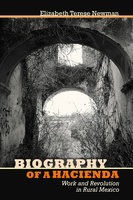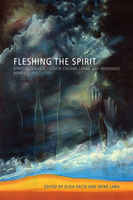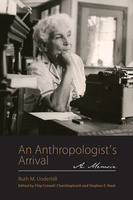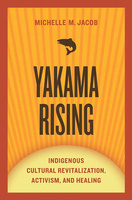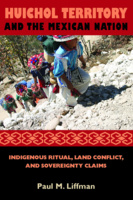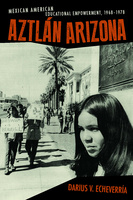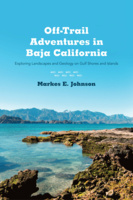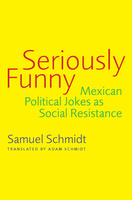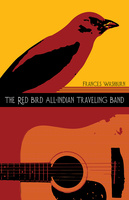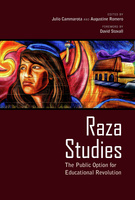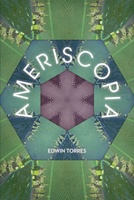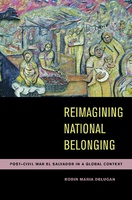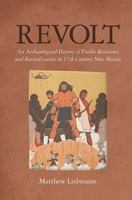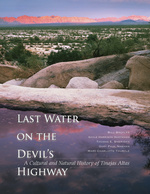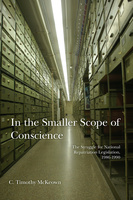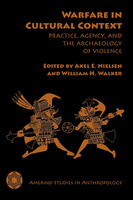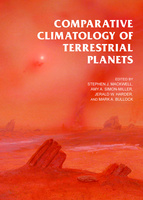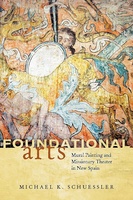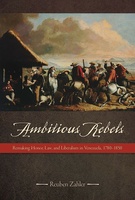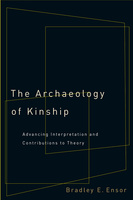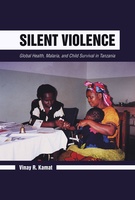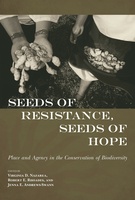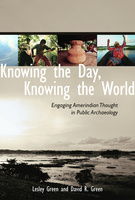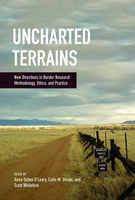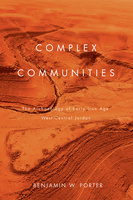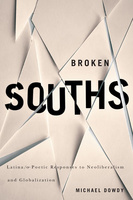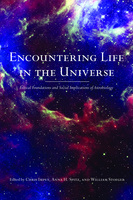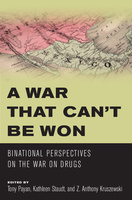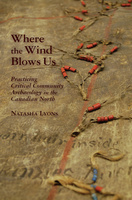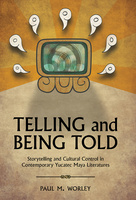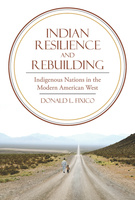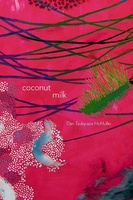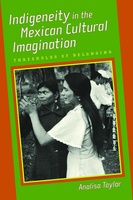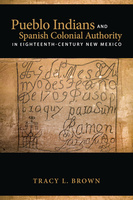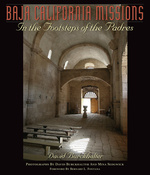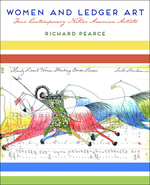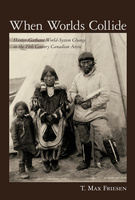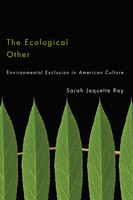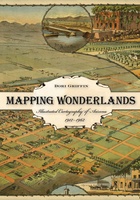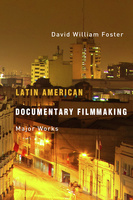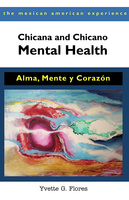The University of Arizona Press is the premier publisher of academic, regional, and literary works in the state of Arizona. They disseminate ideas and knowledge of lasting value that enrich understanding, inspire curiosity, and enlighten readers. They advance the University of Arizona’s mission by connecting scholarship and creative expression to readers worldwide.
Biography of a Hacienda
Work and Revolution in Rural Mexico
Fleshing the Spirit
Spirituality and Activism in Chicana, Latina, and Indigenous Women’s Lives
An Anthropologist's Arrival
A Memoir
Yakama Rising
Indigenous Cultural Revitalization, Activism, and Healing
Huichol Territory and the Mexican Nation
Indigenous Ritual, Land Conflict, and Sovereignty Claims
Aztlán Arizona
Mexican American Educational Empowerment, 1968–1978
Off-Trail Adventures in Baja California
Exploring Landscapes and Geology on Gulf Shores and Islands
Seriously Funny
Mexican Political Jokes as Social Resistance
With Blood in Their Eyes
The Red Bird All-Indian Traveling Band
Raza Studies
The Public Option for Educational Revolution
Ameriscopia
Reimagining National Belonging
Post-Civil War El Salvador in a Global Context
Latino Los Angeles in Film and Fiction
The Cultural Production of Social Anxiety
Revolt
An Archaeological History of Pueblo Resistance and Revitalization in 17th Century New Mexico
Traditional text-based accounts tend to focus on the revolt and the Spaniards’ reconquest in 1692—completely skipping over the years of indigenous independence that occurred in between. Revolt boldly breaks out of this mold and examines the aftermath of the uprising in colonial New Mexico, focusing on the radical changes it instigated in Pueblo culture and society.
Published in cooperation with the William P. Clements Center for Southwest Studies, Southern Methodist University.
Last Water on the Devil's Highway
A Cultural and Natural History of Tinajas Altas
In the Smaller Scope of Conscience
The Struggle for National Repatriation Legislation, 1986–1990
Warfare in Cultural Context
Practice, Agency, and the Archaeology of Violence
Comparative Climatology of Terrestrial Planets
Foundational Arts
Mural Painting and Missionary Theater in New Spain
Ambitious Rebels
Remaking Honor, Law, and Liberalism in Venezuela, 1780-1850
The Archaeology of Kinship
Advancing Interpretation and Contributions to Theory
Silent Violence
Global Health, Malaria, and Child Survival in Tanzania
Seeds of Resistance, Seeds of Hope
Place and Agency in the Conservation of Biodiversity
Knowing the Day, Knowing the World
Engaging Amerindian Thought in Public Archaeology
Uncharted Terrains
New Directions in Border Research Methodology, Ethics, and Practice
Complex Communities
The Archaeology of Early Iron Age West-Central Jordan
Broken Souths
Latina/o Poetic Responses to Neoliberalism and Globalization
Encountering Life in the Universe
Ethical Foundations and Social Implications of Astrobiology
Brewing Arizona
A Century of Beer in the Grand Canyon State
A War that Can’t Be Won
Binational Perspectives on the War on Drugs
Where the Wind Blows Us
Practicing Critical Community Archaeology in the Canadian North
Telling and Being Told
Storytelling and Cultural Control in Contemporary Yucatec Maya Literatures
Milk and Filth
Indian Resilience and Rebuilding
Indigenous Nations in the Modern American West
Oral History, Community, and Work in the American West
More Than Two to Tango
Argentine Tango Immigrants in New York City
Coconut Milk
Indigeneity in the Mexican Cultural Imagination
Thresholds of Belonging
Pueblo Indians and Spanish Colonial Authority in Eighteenth-Century New Mexico
Mexico, Nation in Transit
Contemporary Representations of Mexican Migration to the United States
Baja California Missions
In the Footsteps of the Padres
Women and Ledger Art
Four Contemporary Native American Artists
Although ledger art has long been considered a male art form, Women and Ledger Art calls attention to the extraordinary achievements of four contemporary female Native artists—Sharron Ahtone Harjo (Kiowa), Colleen Cutschall (Oglala Lakota), Linda Haukaas (Sicangu Lakota), and Dolores Purdy Corcoran (Caddo). The book examines these women’s interpretations of their artwork and their thoughts on tribal history and contemporary life.
Communities of Practice
An Alaskan Native Model for Language Teaching and Learning
The Affinity of the Eye
Writing Nikkei in Peru
López-Calvo uses contemporary Nikkei texts such as fiction, testimonies, and poetry to construct an account of the cultural formation of Japanese migrant communities, and in so doing challenges fixed notions of Japanese Peruvian identity.
When Worlds Collide
Hunter-Gatherer World-System Change in the 19th Century Canadian Arctic
The Inuvialuit region is the most under-reported and least-known portion of the North American Arctic, beyond its immediate community of anthropological/archaeological practitioners, and this book helps address that lacuna.
The Ecological Other
Environmental Exclusion in American Culture
This book engages recent scholarship on trans-corporeality, disability studies, and environmental justice. Ray argues that environmental discourse often frames ecological crisis as a crisis of the body, therefore promoting ecological health at the cost of social equality. Ray urges us to be careful about the ways in which we construct “others” in our arguments to protect nature.
Mapping Wonderlands
Illustrated Cartography of Arizona, 1912–1962
Latin American Documentary Filmmaking
Major Works
Chicana and Chicano Mental Health
Alma, Mente y Corazón
Chicana and Chicano Mental Health offers a model to understand and to address the mental health challenges and service disparities affecting Mexican immigrants and Mexican Americans/Chicanos. Yvette G. Flores, who has more than thirty years of experience as a clinical psychologist, provides in-depth analysis of the major mental health challenges facing these groups: depression, anxiety disorders, including post-traumatic stress disorder, substance abuse, and intimate partner violence.


